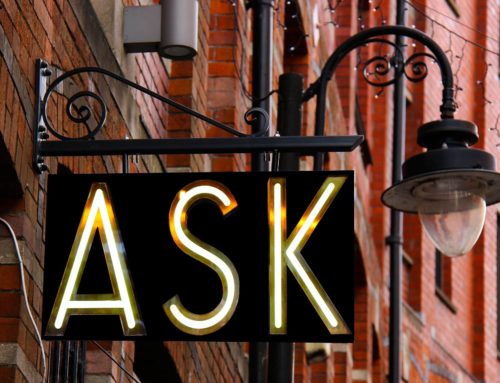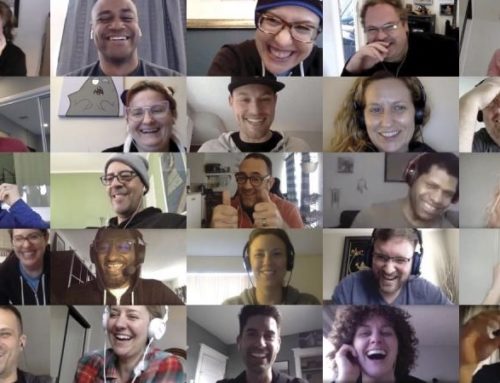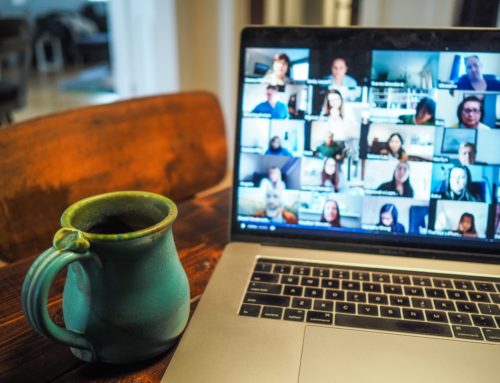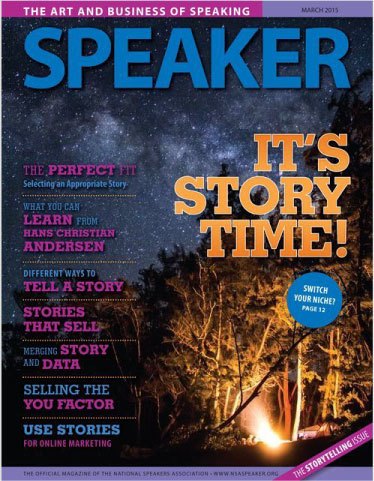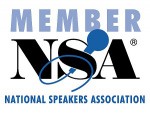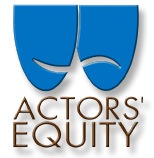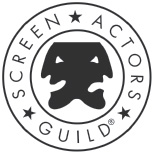Not long ago Forbes did a study on the topic of personal branding and reputation. They found that 70% of professionals believed they knew what their colleagues thought about them.
Only 15% of them were right.
Knowing your brand is important because it conveys your identity. If you have the wrong brand, your day-to-day work won’t have the impact it should.
I know, because this happened to me.
Personal Branding and Typecasting
I was first introduced to the concept of personal branding pretty early in my career. Except in my case it wasn’t called: Personal Branding. It was called: Knowing Your Type.
As an actor it’s important to know your type, so that you can audition for the right roles. If you don’t audition for the right roles, you end up unemployed.
And that’s what was happening to me.
The Importance of Knowing Your Type
Imagine it’s 2006 and I’m thinking about auditioning for a new sitcom called The Big Bang Theory.
Before I understood the significance of type, I would have submitted myself for the role of Penny Hofstadter. She’s the pretty female lead described as: a waitress at the local Cheesecake Factory and an aspiring actress.
Well, in my late 20s I was a waitress at a place called Sanders Ice Cream Shoppe—which is kinda like the Cheesecake factory—and I was an aspiring actress.
Here’s what I looked like then: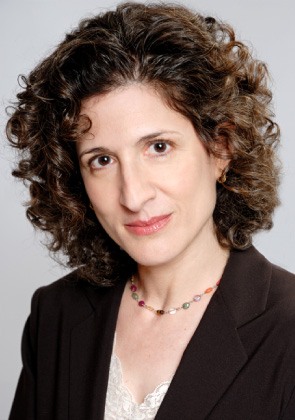
This is the picture I would have submitted to a casting director to try to get an audition for the role of Penny.
Can you figure out my type? I clearly couldn’t. If you’ve never seen the show, this is who got cast as Penny:
And this is who got cast as the character Amy Farrah Fowler: 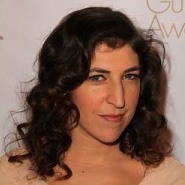
Amy is described as: Penny’s best friend. Nerdy. A neuroscientist. Intelligent. She is awkward in social situations and a little bit kooky.
I should have submitted myself for the role of Amy.
Thankfully, in my early thirties, a very generous casting person pulled me aside and said:
Carol, I don’t think you know your type. You’re the intelligent—but kinda kooky—best friend or nosy neighbor. I’d probably also cast you as a scientist or a psychiatrist.
This was the most generous piece of feedback I’ve ever received by a casting person. Since then I’ve played several scientists and therapists, 
as well as a few kooky characters.
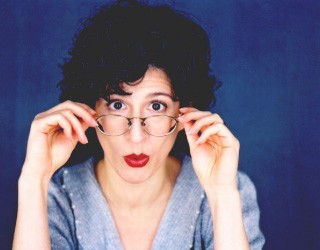
I understand my brand now and use it to my advantage.
You should too.
How To Discover Your Brand
Discovering your brand, and figuring out how to make it work for you, is a multistep process.
Assess
First, it’s important to start the process by doing a self-assessment. What do you think your current brand is? Forbes found that only 15% of us actually know.
Ask yourself these questions:
- What am I known for?
- Outside of my job description, what do people ask me to help them with?
I am not the person you’d ever come to for help with your taxes, but I am the person you’d ask to provide emotional support if you ever had to meet an IRS auditor.
Take a moment right now and write down 3-6 words that you think describe you.
Validate
Second, validate. Once you’ve articulated what you think your brand is, it’s critical to validate your assumptions. To do this you’ll have to ask people who work with and for you.
You can do this in several ways. Here are some options:
- Send an email explaining that you are working on your personal brand and ask colleagues to write back and share the words they would use to describe you.
- Arrange interviews with people and ask them directly.
- Set up an anonymous survey on a site like: Survey Monkey or Google Forms
Make sure to ask for both your positive descriptors, and your de-railers. Sometimes you are known for negative things and don’t realize it. It’s painful to discover, but crucial to know.
Ask at least five people to contribute. You’ll get better results the more responses you collect. When I did this process I emailed forty people and invited them to participate in a Survey Monkey questionnaire.
Who Do I Ask?
Ask your colleagues, your team, your boss, your former boss, your clients, your vendors, your friends from college, and your siblings. Plus, don’t forget the woman who co-chairs the local softball league with you.
Anyone that is familiar with your working style will provide valuable input.
Analyze the Data
Third, evaluate your findings. You’ll likely start to see some themes.
When I did this process for myself I was surprised to see words like: warm, funny, and insightful. I was expecting words like: rigorous, disciplined and self-starter.
In my acting life I learned what my type was because a kind casting person told me. In my corporate life I also needed feedback to understand more completely how I come across to others.
Develop the Right Brand for Right Now
Next, clarify your career goals.
Now that you’ve established what your actual brand is, the next thing to consider is this: Will my current brand help me achieve my goals?
As I analyzed my findings I realized I wasn’t leveraging my current brand to its full potential. If people were already experiencing me as funny, I could play that up in my keynotes and training programs.
A speaker friend of mine once said: Carol, honey. There’s money in the funny. I implemented that advice right away!
However, if my career goal had been to be taken seriously by a panel of academics so that I’d get hired to teach at their MBA program, I would have to rethink my brand, and make some conscious changes.
If Your Brand Isn’t Working For You, Make a Conscious Change
A client who went through this process with me discovered that people thought she was cute. This was flattering, but it was undermining her success and credibility at work.
Among other things, she decided to ask people to stop calling her by her nickname: Lizzie. And to start calling her by her giving name: Elizabeth.
It worked.
Expand Your Reach
Once you’ve determined your brand, clarified your career goals, and made the proper adjustments, it’s time to get the word out! Start talking to, and networking with, people who can help you reach your goals.
- If you’d like to be promoted in the next 6-9 months, consider asking a well-respected person in your company to be your mentor.
- If you’d like better work/life balance, start practicing saying no to tasks that are not in line with your boss’s top priorities.
- If you’d like to work in three different countries by the time you are forty, start attending networking events where people from those countries are gathering.
Your Brand is What People are Already Saying About You
Jeff Bezos, CEO of Amazon, once said:
Your brand is what people say about you when you’re not in the room.
Since those words are likely already floating around your company, it’s a good idea to find out what they are. Get them working for you, and join the 15% of people that own their brand and reputation.


